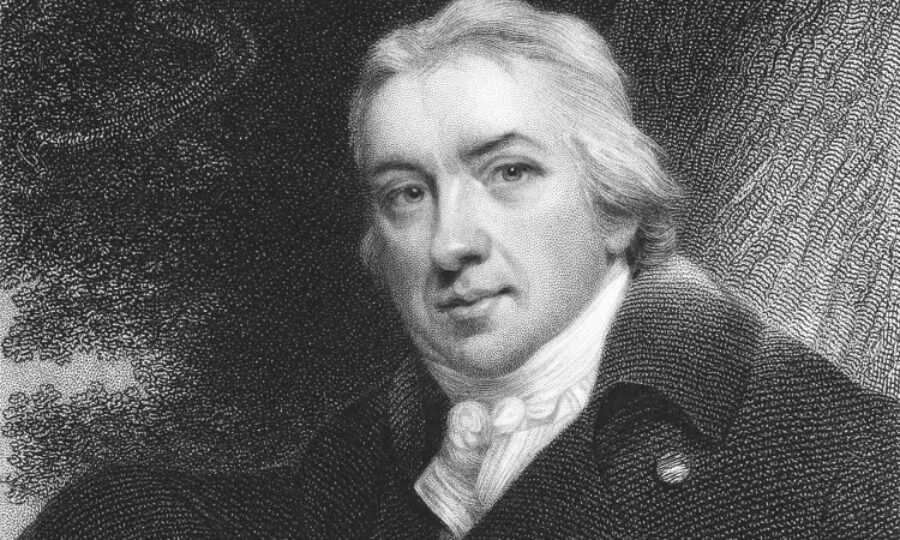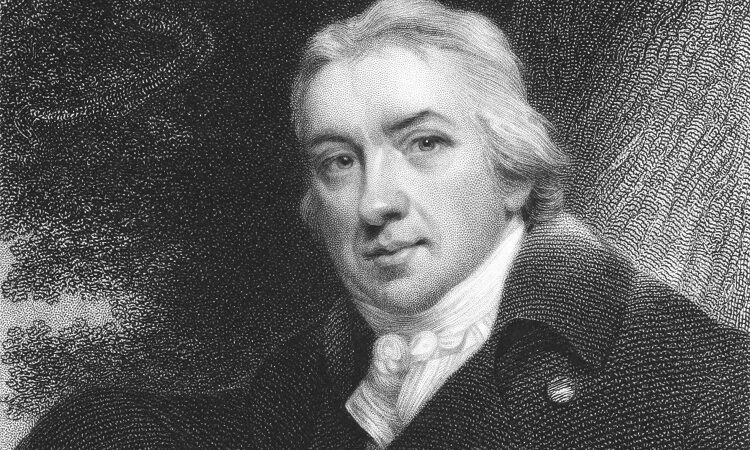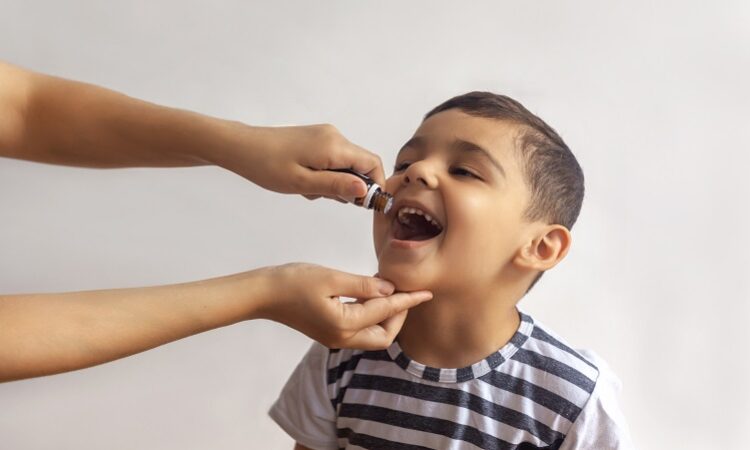A brief history of vaccines

Many of us will have learnt a little about Edward Jenner, Louis Pasteur, and the history of vaccines at school. We took another look to remind ourselves of the facts.
Smallpox was a deadly, highly infectious disease that was endemic around the world. During the 1900s alone, around 300 million people died from smallpox worldwide. It’s also an illness we rarely hear of today and here’s why. It’s mostly thanks to this man, Edward Jenner.

Edward Jenner
Jenner was an English physician and scientist who studied at London’s own St George’s Hospital. In 1796 he discovered that contracting cowpox provided immunity against smallpox. The practice became known as vaccination and was soon the standard for preventing smallpox.
Thanks to a global mass vaccination programme, the World Health Organisation (WHO) officially declared smallpox eradicated in 1980. The smallpox vaccine led to the development of many more life-saving vaccines.
In 1940, a vaccination programme for diptheria began when death rate from the illness was high. Cases fell from 46,281 (2,480 deaths) in 1940, to 37 cases (6 deaths) in 1957.
Polio became a huge global public health issue in the late 1800s. Most cases show mild symptoms, but for people who develop muscle weakness and paralysis, the effects can be devastating – or even fatal. Breakthrough came in 1953 and mass vaccination followed.

As vaccines have helped save lives in the past, and prevent up to 3 million deaths worldwide every year, they are vital in the fight against Covid-19 today. Diseases like smallpox, polio and diphtheria that used to kill or disable millions are either gone or are rarely seen.
Lack of confidence and misinformation have been around for as long as vaccinations have existed, but vaccines have come a long way since discovery and today we have access to accurate information, allowing us to separate myths from facts.
Vaccines:
– protect from serious and deadly diseases
– protect others by helping to stop the spread to people who can’t have vaccines
– undergo thorough safety testing before being introduced – they’re also constantly monitored for side effects after being introduced.
Walk-in and pre-booked appointments are available for the Covid vaccine, plus there are pop-ups where you can #GrabAJab, or call 119, 7am–11pm, 7 days a week.
